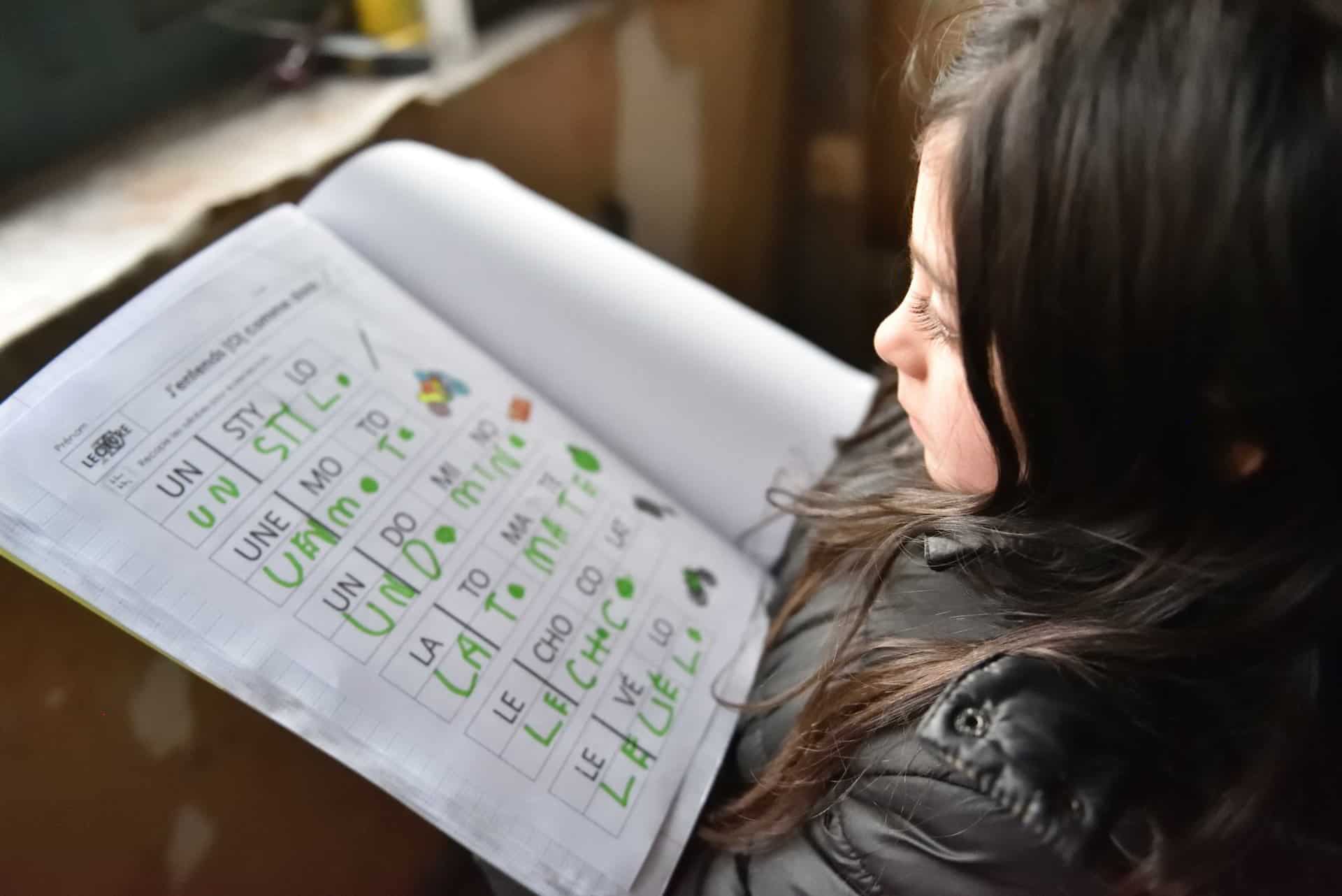Photo credit: Christine Redmond
Around the world, the COVID-19 crisis has forced countries to close their borders to protect populations from the virus. But despite its health benefits, this decision has caused great economic hardship for cross-border workers. Their commercial activities and free movement were suddenly prevented. They are now destitute.
In Cambodia, land borders remain closed in response to preventive measures against COVID-19. As a result, many people who depended on cross-border trade with Thailand have been out of work since March and are experiencing increasing hardship.
Chan Srey Neat*, a resident of the border town of Poipet, who used to cross the land border daily to work at the market in Rong Kluea, Thailand, has seen her town transformed over the past nine months. Without the tourism on which they once relied, business is dead.
"We can't afford to feed our families
"The situation here has changed completely. The town used to thrive on Thai and Chinese businesses, but now it is so quiet. There are no jobs and we can't afford to feed our families "says Srey Neat.
Before the border closure in March, Srey Neat earned about US$6.50 a day cleaning and selling women's designer bags. Today, Srey Neat's household income is down by more than 67% from last year, and her husband's night job as a butcher cannot support his family of seven. Every month they have to borrow to survive and they still cannot afford to eat enough every day.
The crisis exacerbates pre-existing inequalities
According to a report by the Cambodian League for the Promotion and Defence of Human Rights (LICADHO), the economic crisis caused by COVID-19 is exacerbating pre-existing inequalities. 70% of Cambodians living in Poipet are currently in debt** and two-thirds of workers are now suffering economic hardship as they struggle to repay loans. This is leading them to eat less, take on more debt and migrate in search of work.
Sok Seiha*, a mother of four, depended on her job at a local casino to support her family, but the casino closed with the arrival of COVID-19. Having never received an education, her illiteracy is an obstacle to finding new work in an already strained economy. Faced with no alternative, her husband, like many other Cambodians, risked crossing the Thai border illegally to find work.
Crossing the border, despite the risks
According to local NGOs in the border town, people sell everything they own to survive. Srey Neat sold all the family's valuables, including their smartphone, to pay the smuggler's fee so that her husband could cross the border. Today, he works as a freight forwarder in a Thai market, earning double what he did as a construction worker in Cambodia. Once a week, Seiha borrows her sister's phone to talk to her husband, and once every two months, her husband returns across the border to visit his family for a few days, despite the risk of being arrested, detained and fined.
While the government and local authorities have provided some support to those officially recognised as poor and those affected by the devastating floods earlier this year, many vulnerable people are still struggling. Among them are the many workers in the informal sector
279,000 seasonal migrant workers affected in Nepal
Elsewhere, in Nepal, the problem is the same. Because of the containment, the border with India was closed in March 2020. Nepal is bordered by these borders to the south, east and west for about 1800 km. The country imports nearly two-thirds of all its needs, including everyday items such as food, industrial raw materials and petroleum products.
In addition to trade, there are daily border movements due to social and family ties on both sides. It is estimated that 279,000 Nepalese seasonal migrant workers work in India and regularly cross the border to and from work. Similarly, many Indian migrant workers work seasonally in Nepal.
People's lives are at stake
Due to the closure of the border, the livelihoods of the population are severely disrupted. This has led to a sharp rise in the price of basic necessities, a shortage of supply and a loss of jobs. However, every day a large number of people cross the border using an illegal route, increasing the risk of spreading COVID-19. As a result, local government officials and activists are trying to lobby the government for better border management rather than a total closure; some are even on strike in the border area to demand that the border be opened, believing that people's lives are at stake.
In emergencies such as this, it is the most vulnerable who are hardest hit. According to a study conducted by a federation of NGOs in May 2020, the 'Dalits', a minority community in Nepal, are clearly more affected by the situation: 77% of the Dalit population lost their jobs due to the pandemic, compared to 25% of non-Dalits; 50% of Dalits had to look for a new job as they permanently lost theirs, compared to 23% of non-Dalits; and about 45% of Dalits are surviving during the pandemic by taking loans from others, compared to 25% of non-Dalits.
Unfortunately, the evidence is clear. The COVID-19 crisis, like all the others, is increasing inequalities. In Vietnam, Nepal and elsewhere in the world, the most precarious and marginalised populations are the first victims of these situations. Already particularly fragile, they are exposed to the greatest dangers. This is why Aide et Action gives priority to the most vulnerable and accompanies them on their way to development.
(* The names of vulnerable persons have been changed).
(**Source: NGO Friends International)






